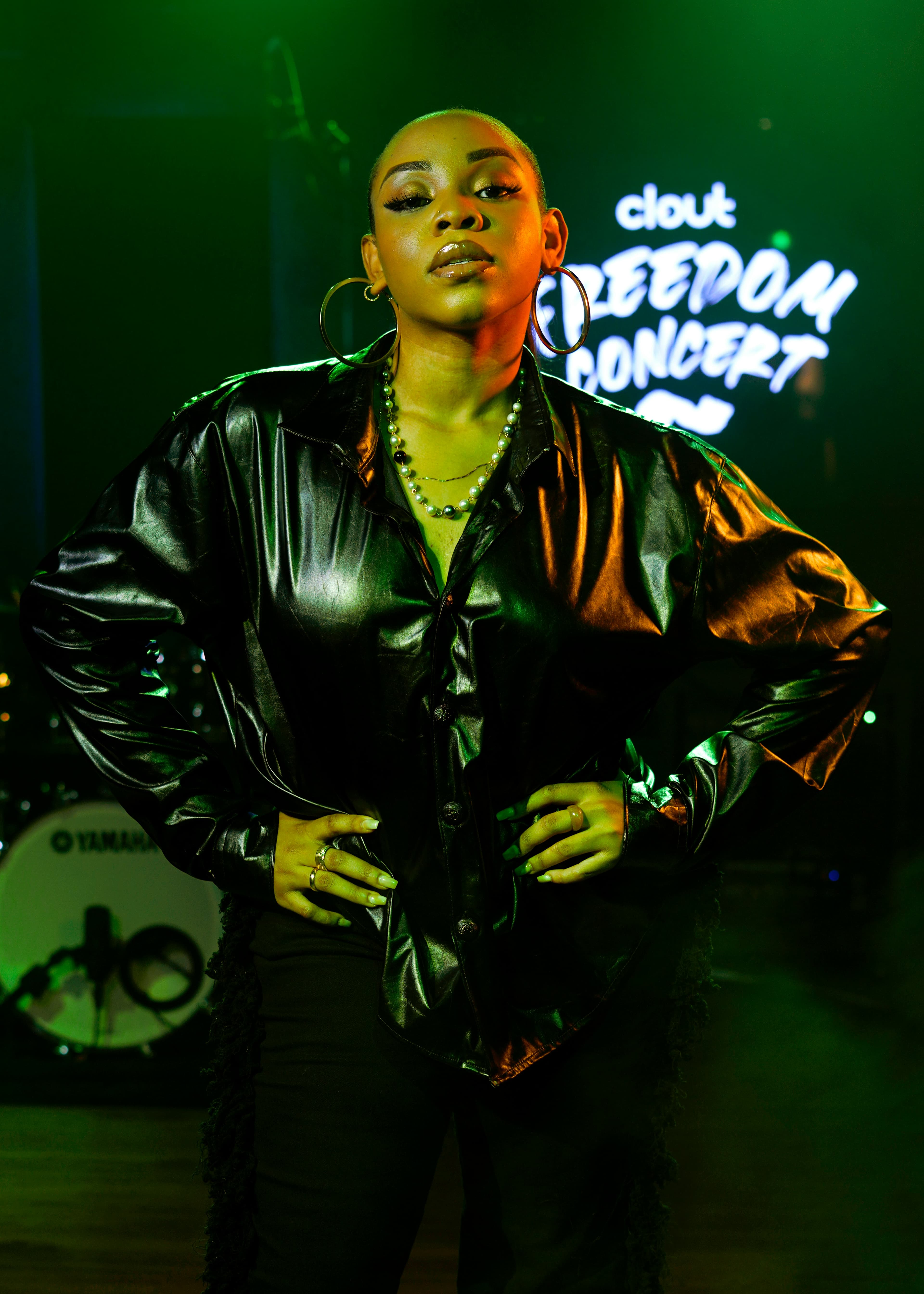The Rise of Afrobeats: How Nigerian Sound Took Over the World

The Birth of a Sound
Afrobeats didn’t just appear overnight. Its roots trace back to the legendary Fela Kuti, who pioneered Afrobeat in the 1970s — a fusion of jazz, funk, and African rhythms. Over time, younger Nigerian artists reimagined the sound, blending it with pop, hip-hop, and R&B influences. The result? Afrobeats, with an “s,” a fresh, vibrant genre that captures the spirit of modern Africa.
From Local Vibes to Global Charts
What started in clubs and studios in Lagos has now become a worldwide phenomenon. Artists like Wizkid, Davido, and Burna Boy have taken Afrobeats to international stages, collaborating with stars like Drake, Beyoncé, and Ed Sheeran. Burna Boy’s Grammy win in 2021 for Best Global Music Album marked a turning point — showing the world that African music isn’t just a trend; it’s a force.
The Power of Streaming and Social Media
The internet changed everything. Platforms like YouTube, TikTok, and Spotify helped Nigerian artists reach global audiences without traditional record labels. Viral dance challenges and social media buzz gave songs like Essence and Calm Down global recognition, proving that the world was ready for African creativity.
Afrobeats as a Cultural Export
Afrobeats isn’t just music — it’s a lifestyle. From fashion to slang and dance, the movement has shaped global pop culture. Designers incorporate African prints on international runways, while dancers from London to Tokyo groove to Nigerian beats. It’s a celebration of pride, identity, and cultural unity.
What’s Next for the Sound
With the next generation of artists like Rema, Asake, and Tems pushing boundaries, Afrobeats is evolving faster than ever. The sound is diversifying — blending amapiano, trap, and soul — proving that the genre’s future is limitless.
The rise of Afrobeats is a reminder that when creativity meets culture, borders disappear. It’s Africa to the world — and the world is listening.